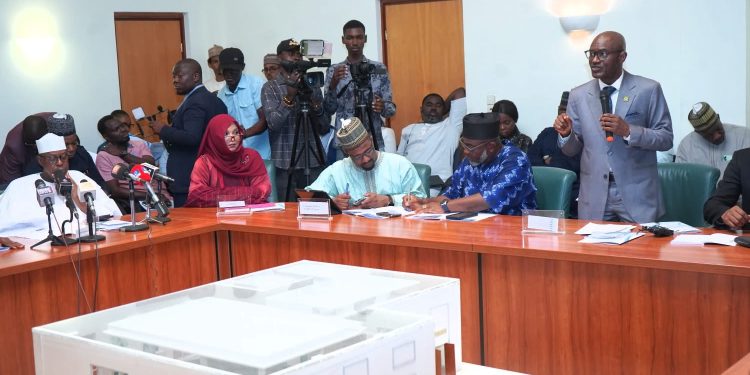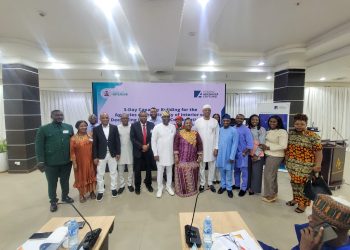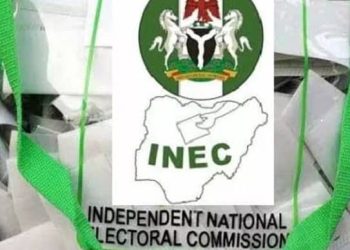By Nkechi Eze
In a collaborative effort to strengthen local governance, and tackle mismanagement at the grassroots level, key government agencies have engaged in strategic discussions to instill transparency, accountability, and fiscal discipline in local government administration.
Prominent leaders in Nigeria’s fight against corruption gathered to spearhead discussions at the Accountability & Corruption Prevention Program for Local Governments in Nigeria (ACPPLG). Key figures in attendance included Victor Muruako, Chairman of the Fiscal Responsibility Commission (FRC), Dr. Abdulahi Usman Bello, Chairman of the Code of Conduct Bureau (CCB), and Dr. Musa Adamu Aliyu, SAN, Chairman of the Independent Corrupt Practices and other Related Offences Commission (ICPC).

The program, organized by the Independent Corrupt Practices and Other Related Offences Commission (ICPC), serves as a crucial platform for addressing corruption-related challenges within Nigeria’s local government system.
Discussions at the event centered on crafting effective strategies to combat corruption, promote transparency, and enhance public fund management at the local government level, as disclosed by Bede Ogueri Anyanwu, Head, Strategic Communications Directorate, FRC.

The event brought together key stakeholders, including anti-corruption experts, public finance managers, and government officials, who participated in brainstorming sessions aimed at identifying financial accountability loopholes and proposing countermeasures.
FRC Chairman Victor Muruako while speaking at the event, emphasized the need for stringent financial oversight and adherence to fiscal responsibility laws to prevent the misuse of public funds. He highlighted that local governments play a critical role in national development and must be held to high standards of financial discipline.
Similarly, CCB Chairman Dr. Abdulahi Usman Bello reiterated the Bureau’s commitment to enforcing ethical conduct among public officials. He noted that strict adherence to financial regulations and ethical standards would help mitigate corruption risks at the grassroots level.
The ACPPLG program, an initiative of the ICPC, aims to strengthen governance structures by fostering transparency and accountability in financial management across all tiers of government. The initiative also aims to detect and prevent the misuse of public funds, ensuring that resources allocated for national development are judiciously applied.
By bringing together key Anti-Corruption institutions such as the FRC, CCB, and ICPC, the program seeks to formulate actionable policies that will enhance fiscal discipline and improve governance outcomes at the local level.
With Nigeria’s persistent battle against corruption, stakeholders at the forum expressed optimism that the deliberations would lead to concrete policy recommendations capable of transforming public finance management in local government administration. The discussions are expected to shape future anti-corruption initiatives and provide a framework for sustainable fiscal responsibility across the country.
















